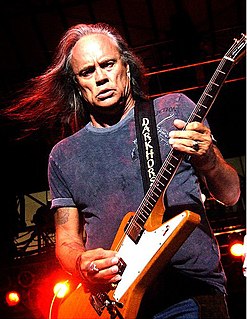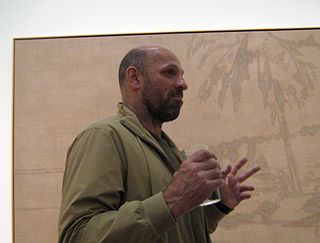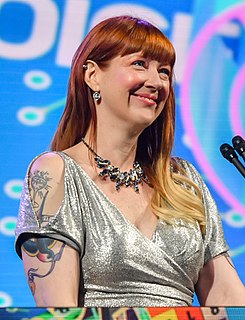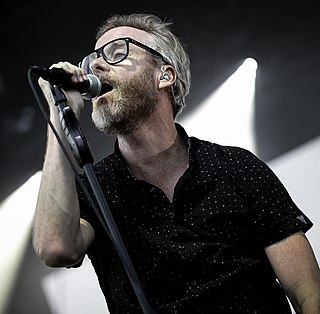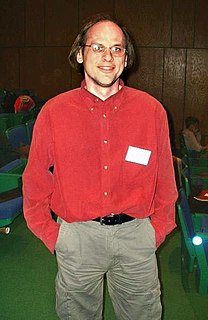A Quote by Ann Beattie
I don't write about things that I have the answers to or things that are very close to home. It just wouldn't be any adventure. It wouldn't have any vitality.
Related Quotes
[Steven Spielberg's films] are comforting, they always give you answers and I don't think they're very clever answers. The success of most Hollywood films these days is down to fact that they're comforting. They tie things up in nice little bows and give you answers, even if the answers are stupid, you go home and you don't have to think about it. The great filmmakers make you go home and think about it.
Did I do and say these things? Yes, I did. Are there any mitigating circumstances? Not really, unless any circumstances {in other words, context) can be regarded as mitigating. And before you judge, although you have probably already done so, go away and write down the four worst things you have done to a partner, even if - especially if - your partner doesn't know about them. Don't dress things up, or try to explain them; just write them down, in a list, in the plainest language possible. Finished? Ok, so who's the arsehole now?
This part of optics, when well understood, shows us how we may make things a very long distance off appear as if placed very close, and large near things appear very small, and how we may make small things placed at a distance appear any size we want, so that it may be possible for us to read the smallest letters at incredible distances, or to count sand, or seed, or any sort or minute objects.
When you spend so much time away from home, travelling around doing things like this, talking about yourself too much, which is often very painful... So, to actually come home and just be amongst people who know you extremely well, who you can't pretend to be anything other than yourself in front of, is a relief really. It gives you a sense of who you are again. You just don't get any time at home... it's such an existence of feeling very unsettled and travelling around. It's great.
Mathematics can have its problems, but it's actually hasn't seen a lot of the problems as some of the other sciences and so much of it in what people are doing is completely useless. Nobody kind of in really cares very much. You don't really have kind of right and left and people in ideology coming in because there isn't any. It just doesn't actually connect up to the kinds of things that people ideologically worry about. So most of mathematics just doesn't tell you anything one way or another about global warming or about healthcare or about any number of things that you might care about.
I think it's much more interesting to live not knowing than to have answers which might be wrong. I have approximate answers, and possible beliefs, and different degrees of uncertainty about different things, but I am not absolutely sure of anything. There are many things I don't know anything about, such as whether it means anything to ask "Why are we here?" I might think about it a little bit, and if I can't figure it out then I go on to something else. But I don't have to know an answer. I don't feel frightened by not knowing things, by being lost in the mysterious universe without having any purpose - which is the way it really is, as far as I can tell.
I found myself losing interest in almost everything, I didn't want to do any of the things I had previously wanted to do and I didn't know why. Everything there was to do seemed like too much work. The opposite of depression is not happiness, but vitality, and it was vitality that seemed to seep away from me in that moment.

